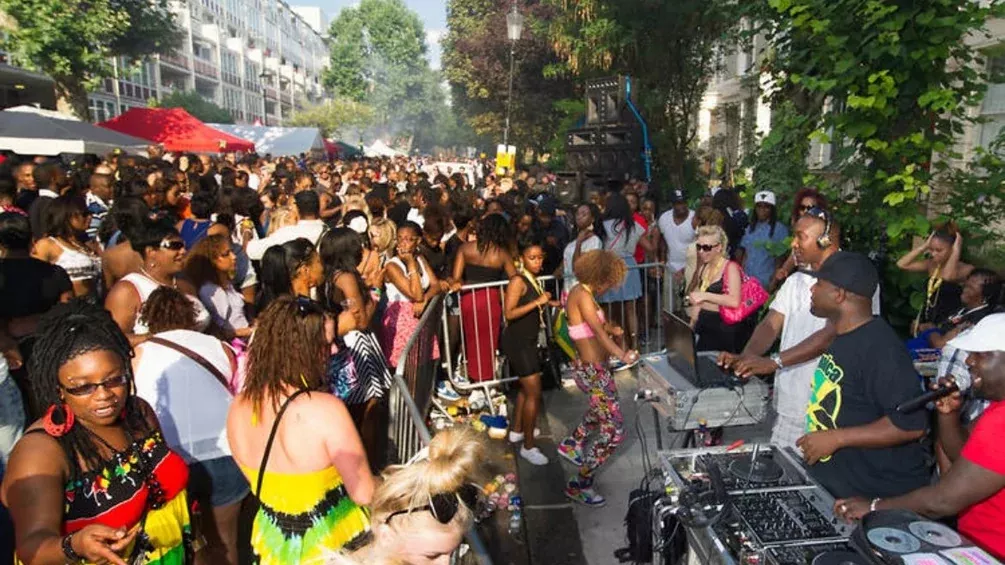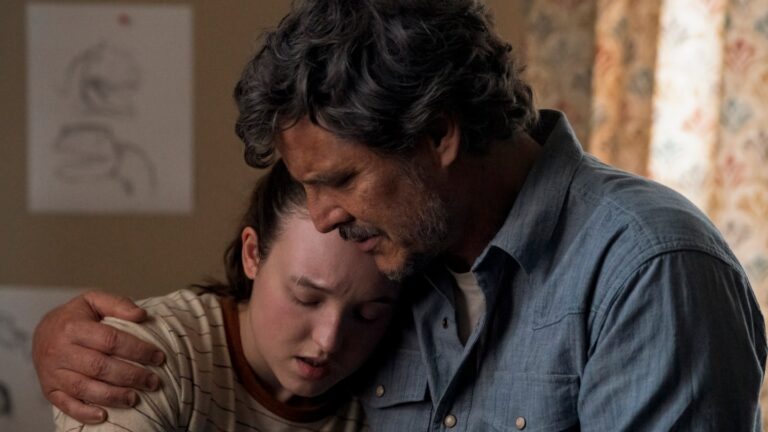Urgent Government Funding Needed to Save Notting Hill Carnival and Ensure Public Safety
Notting Hill Carnival Faces Uncertain Future Amid Urgent Funding Concerns
The iconic Notting Hill Carnival, a celebration of Caribbean culture and heritage in London, is reportedly facing an uncertain future due to a lack of urgent funding. A letter leaked to the BBC from event chair Ian Comfort reveals the dire financial situation the carnival is currently facing, underlining the need for government assistance to ensure public safety and the event’s continuation.
Urgent Call for Government Support
In his letter to Culture Secretary Lisa Nandy, Comfort emphasized that funding, the amount of which remains unspecified, is “essential to safeguarding the future and public safety of this iconic event.” This request is not just about financial support; it’s a plea to protect a cultural landmark that draws millions of visitors each year.
This growing concern echoes a report from the London Assembly Police and Crime Committee, published earlier this year, calling for a review of carnival crowd numbers to prevent a potential “mass casualty event.” Comfort pointed out that “limited resourcing has restricted the police service’s ability to respond to growing operational pressures.” The funding would primarily go towards enhanced stewarding and crowd management, allowing police to focus on their core responsibilities of crime prevention and public safety.
Safety is Paramount at the Carnival
The importance of safety cannot be overstated when it comes to such a large-scale event. In 2024, approximately 7,000 Metropolitan Police officers, including specialized teams, were on duty during the carnival, with a staggering 14,000 shifts scheduled. Comfort warned that withholding further financial assistance risks compromising public safety and jeopardizing the carnival’s future.
- 7,000 – Number of police officers deployed during the 2024 event
- 14,000 – Total shifts scheduled for officers
With tensions rising over safety concerns and operational constraints for enforcing agencies, the carnival’s future may depend heavily on timely support from the government. The Department for Culture, Media and Sport has stated it will respond to Comfort’s letter “in due course,” but the urgency of the situation cannot be ignored.
Historical Significance of Notting Hill Carnival
Beyond its immediate safety concerns, the future of Notting Hill Carnival carries weight due to its rich legacy. The event’s roots can be traced back to 1959 when Trinidadian civil rights activist Claudia Jones organized London’s first Caribbean carnival at St. Pancras Town Hall. This celebration emerged as a response to racial tensions and was a significant cultural milestone for Caribbean communities in Britain.
Jones was recently honored with an English Heritage blue plaque in 2023, a recognition of her enduring influence and contribution to the carnival’s establishment. The impact of this celebration is not just local but resonant across the globe, reflecting Caribbean culture and history while fostering community spirit.
Capturing the Essence of Carnival
In reminiscing about the carnival’s vibrant history, visual documentation stands out as a crucial part of telling its story. The work of Scottish photographer Peter Anderson, particularly showcased in his black-and-white photozine of the 1983 festival, allows for a glimpse into the past, capturing the essence and exuberance of this celebration.
Moreover, cultural staples like the Rampage Sound System have played a significant role in the carnival for over three decades, becoming synonymous with its vibrant atmosphere. Founder Mike Anthony’s recent interview highlights how such elements are crucial in preserving the carnival’s legacy while adapting to ongoing challenges.
Looking Forward: The Path Ahead
The leaking of Comfort’s letter serves as a stark reminder that despite its storied past, the Notting Hill Carnival’s future hangs in the balance. With the government poised to respond, stakeholders and supporters eagerly await a development that could help safeguard this iconic event. It stands as a challenge not just for the government but for the community and individuals who believe in the power of cultural expression.
As discussions around funding continue, one thing remains clear: the Notting Hill Carnival is more than a festival; it is a vital cultural event that celebrates diversity, community, and the rich heritage of Caribbean culture in the UK. Now more than ever, concerted efforts are needed to ensure that this beloved tradition carries on for generations to come.





